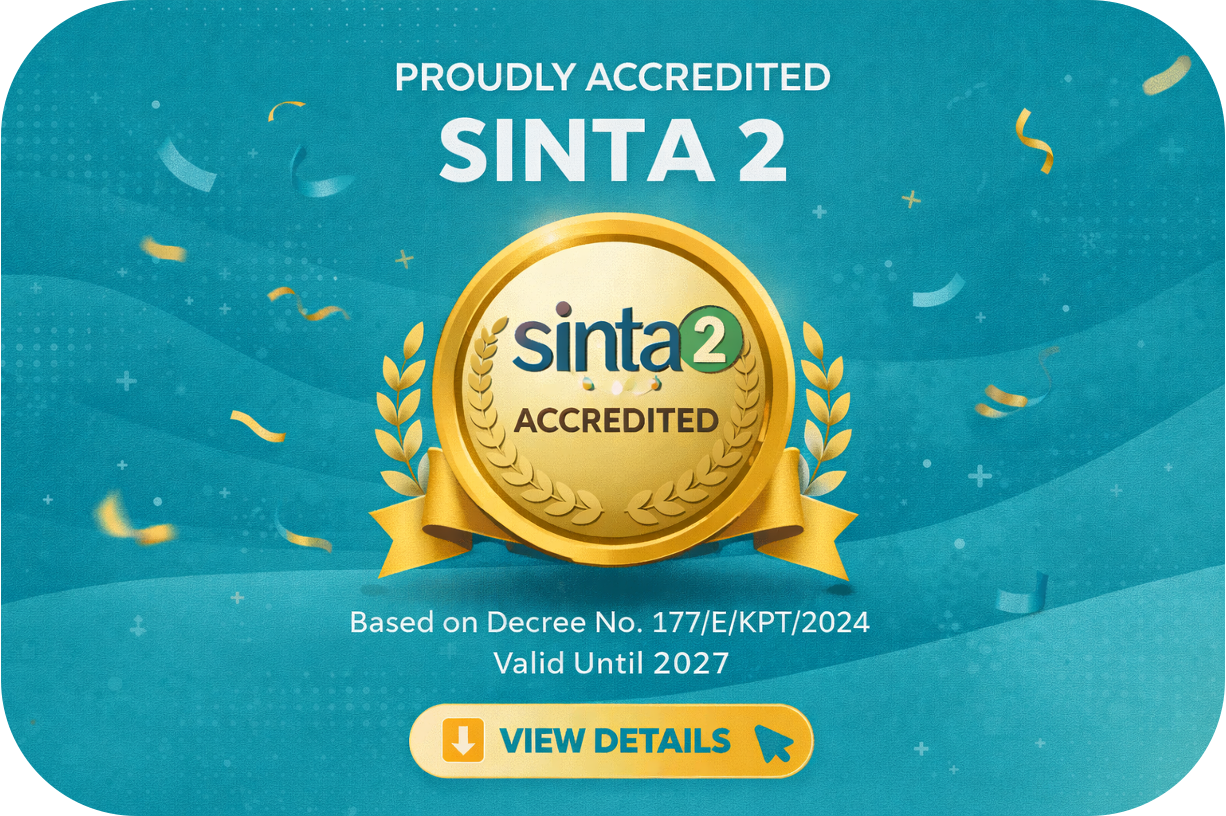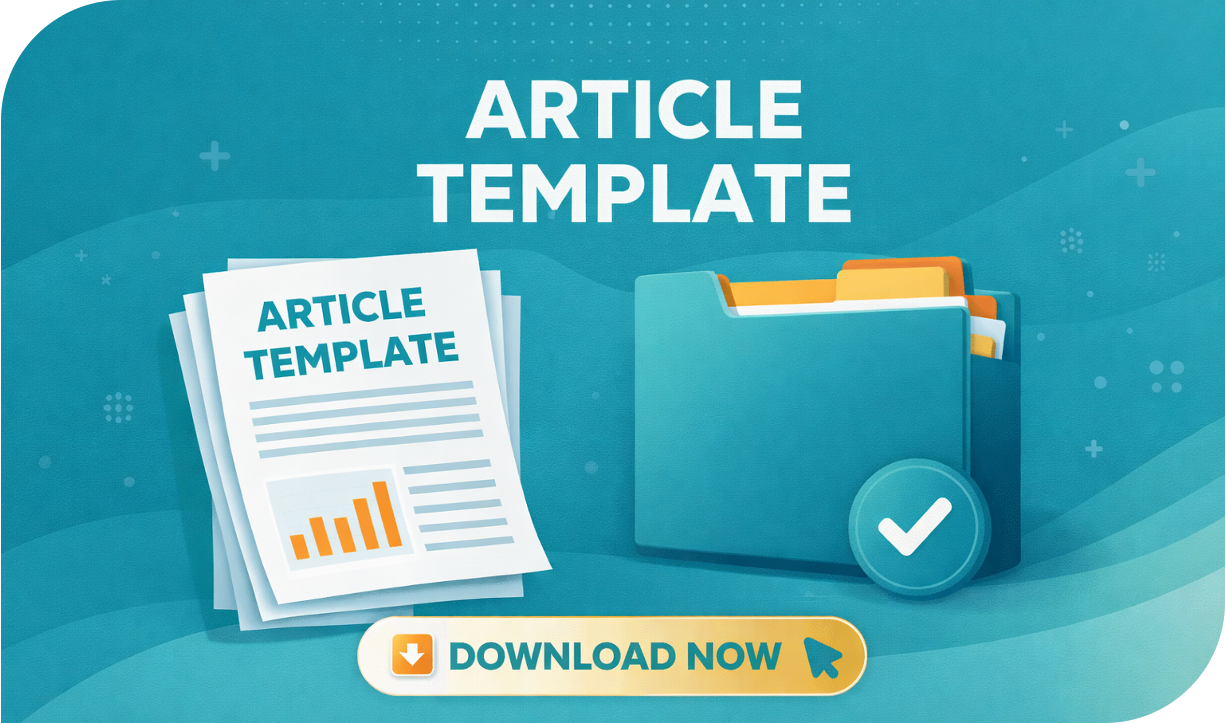Policy Analysis of Enforcement of Halal Product Guarantee Regulations Through The Regulatory Impact Analysis (RIA) Approach
DOI:
https://doi.org/10.21580/jdmhi.2021.3.2.9345Keywords:
Halal Product, Mandatory, Regulatory Impact Analysis (RIA)Abstract
Halal products are products consumed by the community, especially Muslim communities. Given that Indonesia is a Muslim-majority country, the State handles the production and distribution of halal products. In 2019, the Ministry of Religion stipulated Regulation of the Minister of Religion of the Republic of Indonesia (PMA) Number 26 of 2019 concerning Guaranteed Halal Products. Therefore, enforcement of halal certification for products circulating in Indonesia is mandatory. However, regulation enforcement generally has many challenges to predict impacts without detailed studies and consultations with affected parties. In this regard, the purpose of this study is to analyze the impact of the application of PMA number 26 of 2019 compulsorily by using Regulatory Impact Analysis (RIA). This study concludes a gap between current conditions and ideal conditions that need to be postponed to enact the Regulation of the Minister of Religion of the Republic of Indonesia Number: 26 of 2019 by correcting the gap.
Downloads
References
Abd. Rohman Fahruddin. (2019). Implementasi Pengelolaan Makanan Halal Di Indonesia. At-Tasharruf; Jurnal Kajian Ekonomi Dan Bisnis Syariah, 1(1), 37–46. https://doi.org/10.32528/at.v1i1.2488
Agus, P. A. (2017). Kedudukan Sertifikasi Halal Dalam Sistem Hukum Nasional Sebagai Upaya Perlindungan Konsumen Dalam Hukum Islam. Amwaluna: Jurnal Ekonomi Dan Keuangan Syariah, 1(1), 150–165. https://doi.org/10.29313/amwaluna.v1i1.2172
Ali, M. (2016). Konsep Makanan Halal dalam Tinjauan Syariah dan Tanggung Jawab Produk Atas Produsen Industri Halal. AHKAM : Jurnal Ilmu Syariah, 16(2), 291–306. https://doi.org/10.15408/ajis.v16i2.4459
Alisjahbana, A. S. (2012). Pengembangan Dan Implementasi Metode Regulatory Impact Analysis (RIA) Untuk Menilai Kebijakan (Peraturan Dan Non Peraturan) Di Kementerian Ppn/Bappenas. Biro Hukum Kementerian PPN/Bappenas. http://jdih.bappenas.go.id/monografi/detailmonografi/1897
Ariny, B. D., & Nurhasanah. (2020). Dampak Positif Undang-Undang Nomor 33 Tahun 2014 Tentang Jaminan Produk Halal Dalam Menciptakan Sistem Jaminan Produk Halal Di Indonesia. Syarie : Jurnal Pemikiran Ekonomi Islam, 3(2), 198–218. https://stai-binamadani.e-journal.id/Syarie/article/view/204/170
Charity, M. L. (2017). Jaminan Produk Halal Di Indonesia. Jurnal Legislasi Indonesia, Vol.14(1), 99–107. https://e-jurnal.peraturan.go.id/index.php/jli/issue/view/9
Faridah, H. D. (2019). Halal certification in Indonesia; history, development, and implementation. Journal of Halal Product and Research, 2(2), 68. https://doi.org/10.20473/jhpr.vol.2-issue.2.68-78
IBTimes.ID. (2020, April 8). Data Populasi Penduduk Muslim 2020: Indonesia Terbesar di Dunia. PT Litera Cahaya Bangsa. https://ibtimes.id/data-populasi-penduduk-muslim-2020-indonesia-terbesar-di-dunia/
Istikomah. (2019). Peluang Dan Tantangan Implementasi UU JPH. At-Tasharruf; Jurnal Kajian Ekonomi Dan Bisnis Syariah, 1(1), 18–28. https://doi.org/10.32528/at.v1i1.2486
Nasokah, N. (2008). Implementasi Regulatory Impact Assessment (RIA) Sebagai Upaya Menjamin Partisipasi Masyarakat Dalam Penyusunan Peraturan Daerah. JURNAL HUKUM IUS QUIA IUSTUM, 15(3), 443–458. https://doi.org/10.20885/iustum.vol15.iss3.art5
OECD. (2005). Recommendation of the Council on Improving the Environmental Performance of Government. 5–6. https://legalinstruments.oecd.org/en/instruments/OECD-LEGAL-0278#mainText
OECD. (2008). Building an Institutional Framework for Regulatory Impact Analysis (RIA). Building an Institutional Framework for Regulatory Impact Analysis (RIA). https://doi.org/10.1787/9789264050013-en
Q.S. Al-Baqarah : 168. (n.d.). يَا أَيُّهَا النَّاسُ كُلُوا مِمَّا فِي الْأَرْضِ حَلَالًا طَيِّبًا وَلَا تَتَّبِعُوا خُطُوَاتِ الشَّيْطَانِ ۚ إِنَّهُ لَكُمْ عَدُوٌّ مُبِينٌ. https://tafsirq.com/2-al-baqarah/ayat-168
Sayekti, N. W. (2014). Jaminan Produk Halal dalam Perspektif Kelembagaan. Jurnal Ekonomi Kebijakan Publik, 5(2), 193–209. https://doi.org/10.22212/jekp.v5i2.84
Septiani, D., & Ridlwan, A. A. (2020). The Effects of Halal Certification and Halal Awareness on Purchase Intention of Halal Food Products in Indonesia. Indonesian Journal of Halal Research, 2(2), 55–60. https://doi.org/10.15575/ijhar.v2i2.6657
UU Nomor 33 Tahun 2014. (2014). Tentang Jaminan Produk Halal. BPJPH.
Warto, W., Rofiq, A., & Mashudi, M. (2019). Peranan Kaedah-Kaedah Fundamental Kebahasaan Dalam Penetapan Produk Halal. Indonesia Journal of Halal, 2(1), 10. https://doi.org/10.14710/halal.v2i1.4318
Downloads
Published
Issue
Section
License
The copyright of the received article shall be assigned to the journal as the publisher of the journal. The intended copyright includes the right to publish the article in various forms (including reprints). The journal maintains the publishing rights to the published articles. Authors are allowed to use their articles for any legal purposes deemed necessary without written permission from the journal with an acknowledgment of initial publication to this journal.
The work under license Creative Commons Attribution-ShareAlike 4.0 International License.






